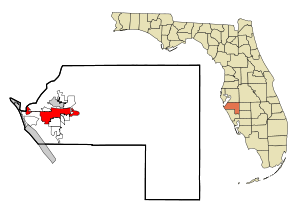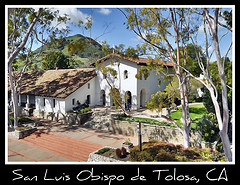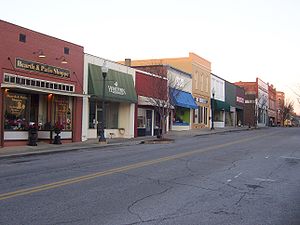Here’s a warning about jumping too far onto the mobile broadband bandwagon. Selling it as an alternative to fixed broadband will fail in both the U.S and Europe. That’s according to a new survey from Analysys Mason.
The report, The Connected Consumer Survey 2: Mobile Broadband, says there is a strong, and correct, perception among consumers that mobile broadband is slower, less reliable and more expensive than fixed broadband. Seventy percent of those surveyed had that opinion. Where consumers have a choice between fixed and mobile broadband, mobile broadband, the report says, should not be sold as the primary means of access, but as a complement. Six-thousand consumers were interviewed for the study.









